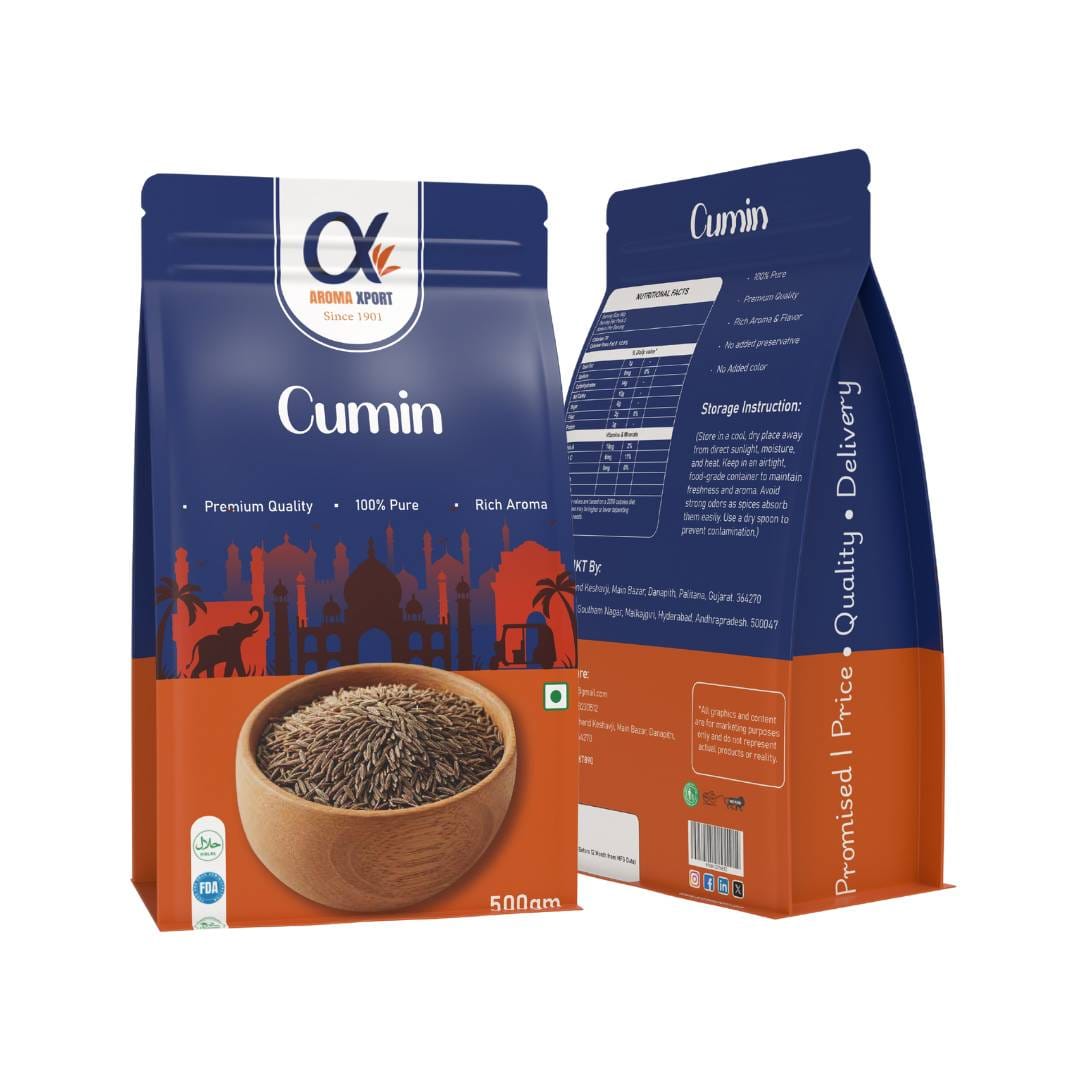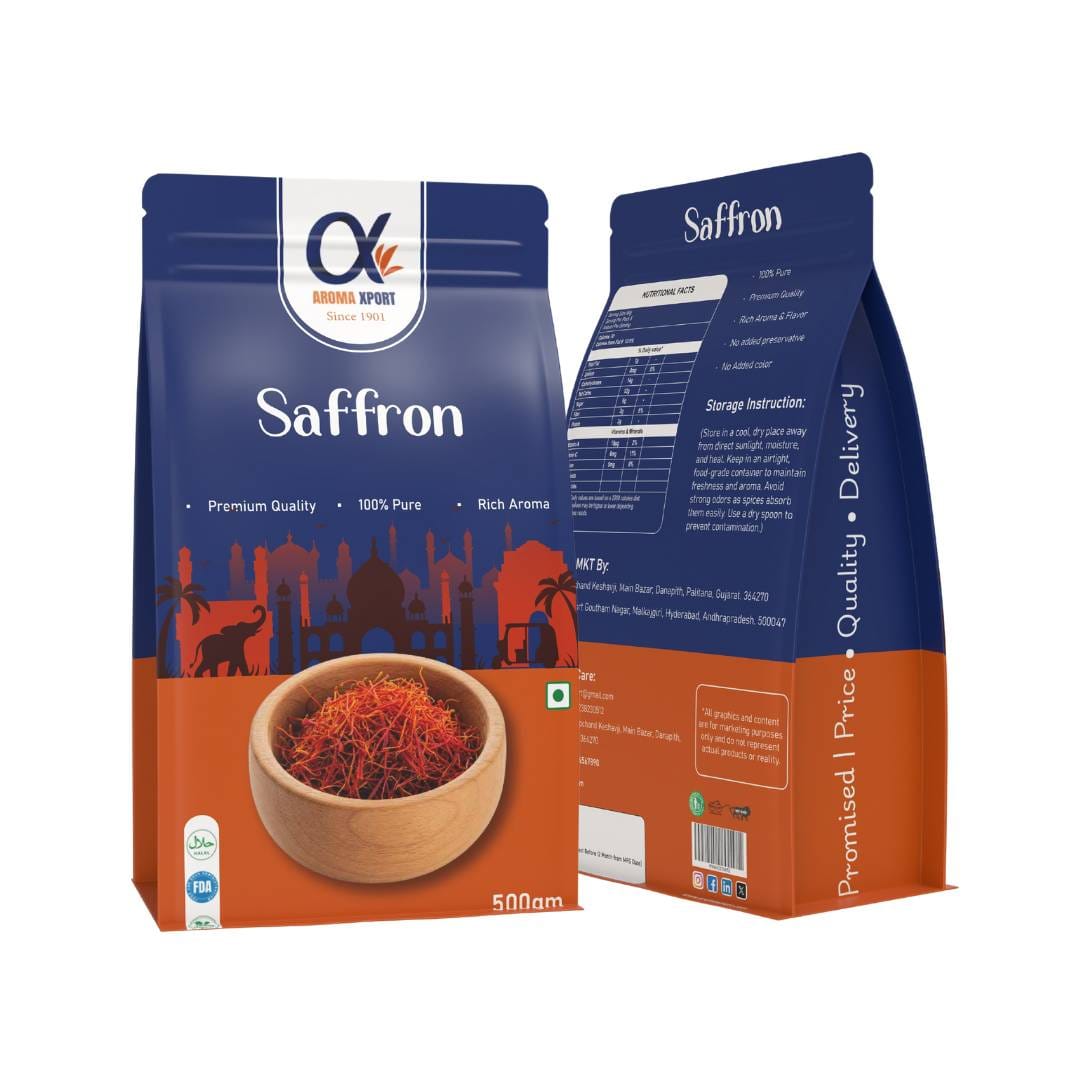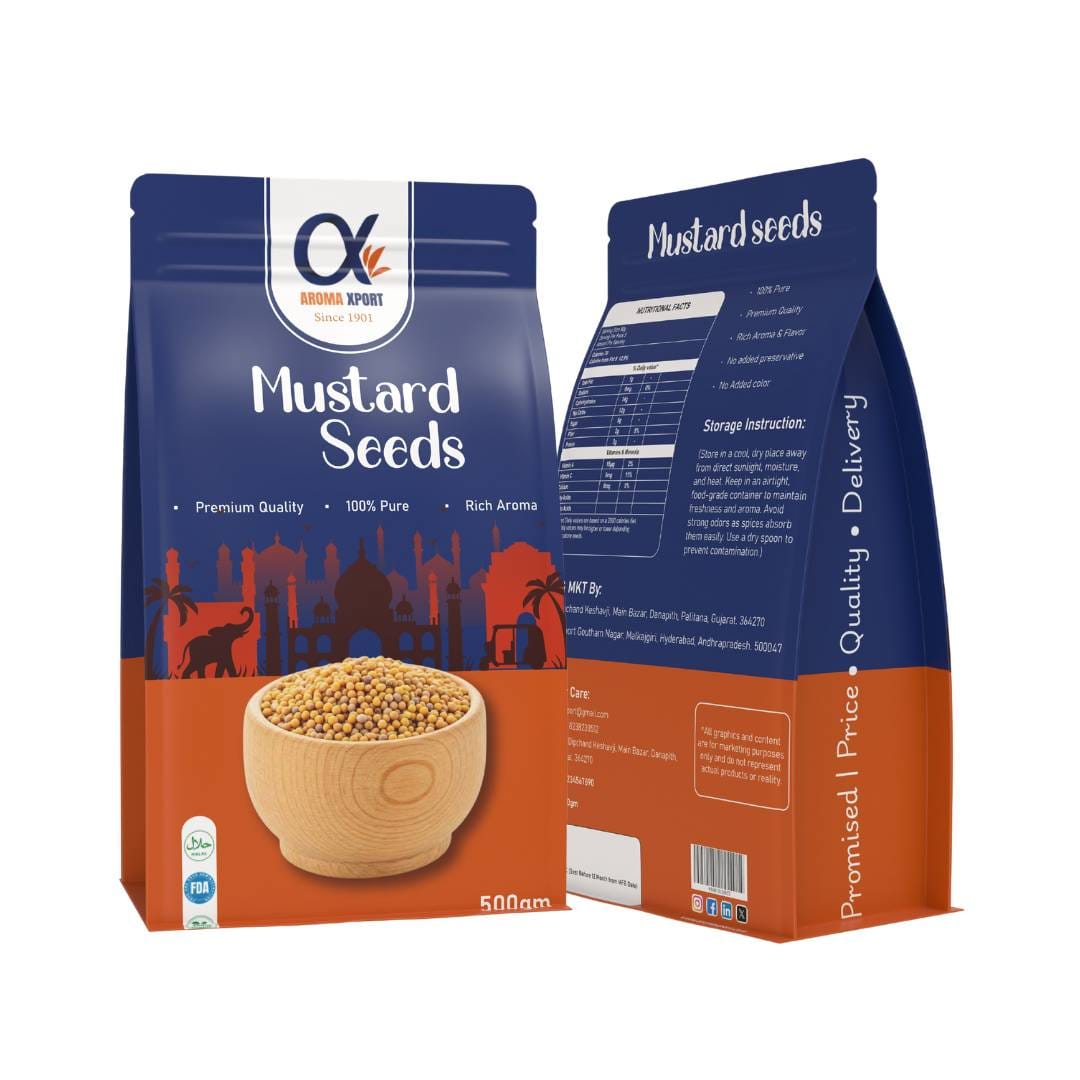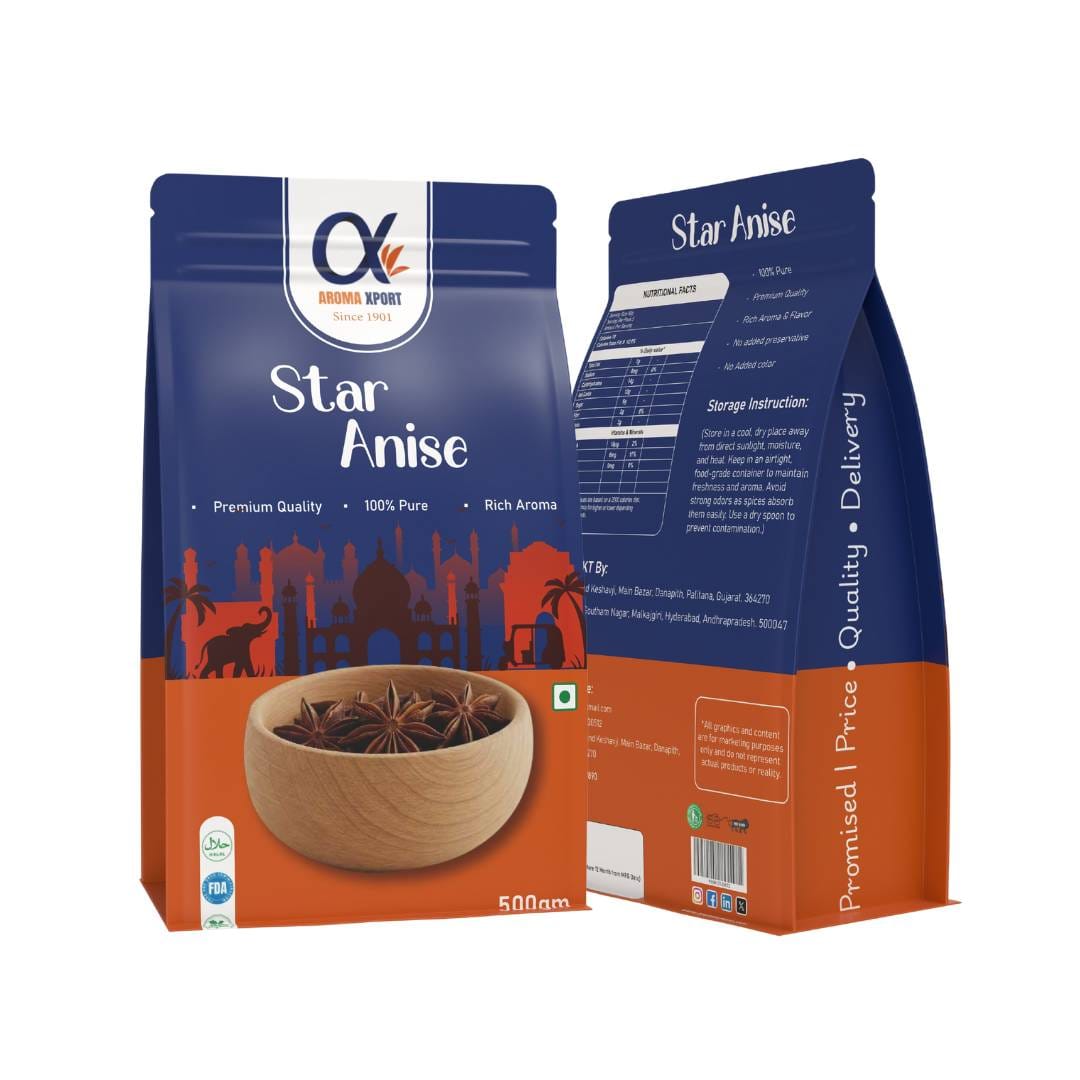Description
Use:
- Culinary: Cumin seeds are used whole or ground in a wide range of dishes, including curries, stews, soups, rice dishes, and spice blends (like garam masala). They are often dry-roasted to enhance their flavor before use.
- Condiments: Ground into spice pastes, sauces, and marinades. Cumin seeds are also used to flavor oils and pickles.
- Medicinal: In traditional medicine, cumin seeds are believed to aid digestion, improve immunity, and have anti-inflammatory properties.
Origin:
- Cumin is native to the eastern Mediterranean region and has been cultivated since ancient times. It has spread throughout Asia, Europe, and the Americas, becoming an integral part of many cuisines.
Health Benefits of Cumin Seeds:
- Digestive Aid: Cumin seeds are known to stimulate digestion and relieve digestive discomfort such as bloating and gas.
- Antioxidant: They contain antioxidants that help neutralize free radicals and protect cells from damage.
- Anti-inflammatory: Cumin seeds have anti-inflammatory properties that may help reduce inflammation in the body.
- Iron Source: Cumin seeds are a good source of iron, essential for oxygen transport in the blood.
- Weight Management: Some studies suggest cumin seeds may aid in weight loss and metabolism regulation.
Indian Name of Cumin Seeds:
- Hindi: जीरा (Jeera)
- Tamil: சீரகம் (Seeragam)
- Telugu: జీలకర్ర (Jeelakarra)
- Kannada: ಜೀರಿಗೆ (Jeerige)
- Malayalam: ജീരകം (Jeerakam)
- Bengali: জিরা (Jira)
- Gujarati: જીરું (Jeeru)
- Marathi: जिरे (Jire)
- Odia: ଜିରା (Jira)
Foreign Name of Cumin Seeds:
- French: graines de cumin
- German: Kreuzkümmelsamen
- Italian: semi di cumino
- Spanish: semillas de comino
- Portuguese: sementes de cominho
- Dutch: komijnzaad
- Russian: тмин семена (tmin semena)
- Arabic: بذور الكمون (bizur al-kamun)
- Turkish: kimyon tohumları







